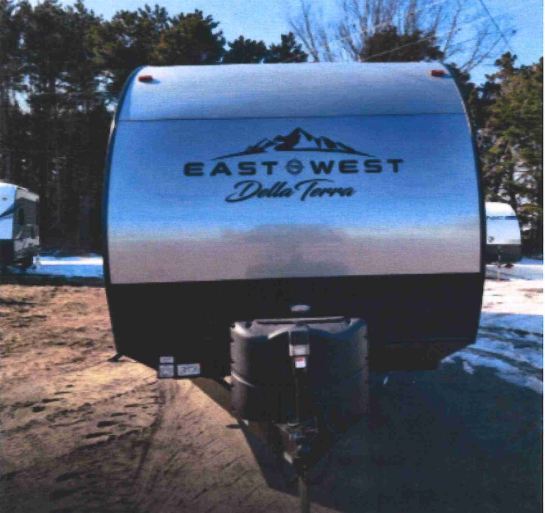Plaintiff Forest River, Inc. has filed a lawsuit against Defendant Sharpline Converting, Inc. over claims of willful trademark infringement. Forest River, a leading manufacturer in the recreational vehicle (RV) industry, argues that Sharpline’s partnership with inTech Trailers, Inc., a direct competitor, has significantly harmed its brand identity and reputation.
Founded in 1996, Forest River is well-known for producing high-quality RVs, including travel trailers and cargo trailers. In a Previous Lawsuit, the company was awarded $5.56 million in damages after a federal court found that inTech Trailers had willfully infringed on Forest River’s trademarks—specifically the DELLA TERRA mark and the unique Forest River Mountain logo. The situation is compounded by the fact that both companies target the same customer base and utilize similar dealership networks, making it easier for consumers to become confused.
 Sharpline operates a manufacturing facility in Elkhart, Indiana, where it provides design and branding services to inTech. Forest River contends that Sharpline willfully and knowingly contributed to inTech’s infringing activities while designing, creating, and manufacturing the “Terra” and new mountain design graphics for inTech’s infringing Terra Travel trailers. Forest River further claims that the relationship between Sharpline and inTech has led to market confusion, undermining the significant investment Forest River has made in marketing its products.
Sharpline operates a manufacturing facility in Elkhart, Indiana, where it provides design and branding services to inTech. Forest River contends that Sharpline willfully and knowingly contributed to inTech’s infringing activities while designing, creating, and manufacturing the “Terra” and new mountain design graphics for inTech’s infringing Terra Travel trailers. Forest River further claims that the relationship between Sharpline and inTech has led to market confusion, undermining the significant investment Forest River has made in marketing its products.








